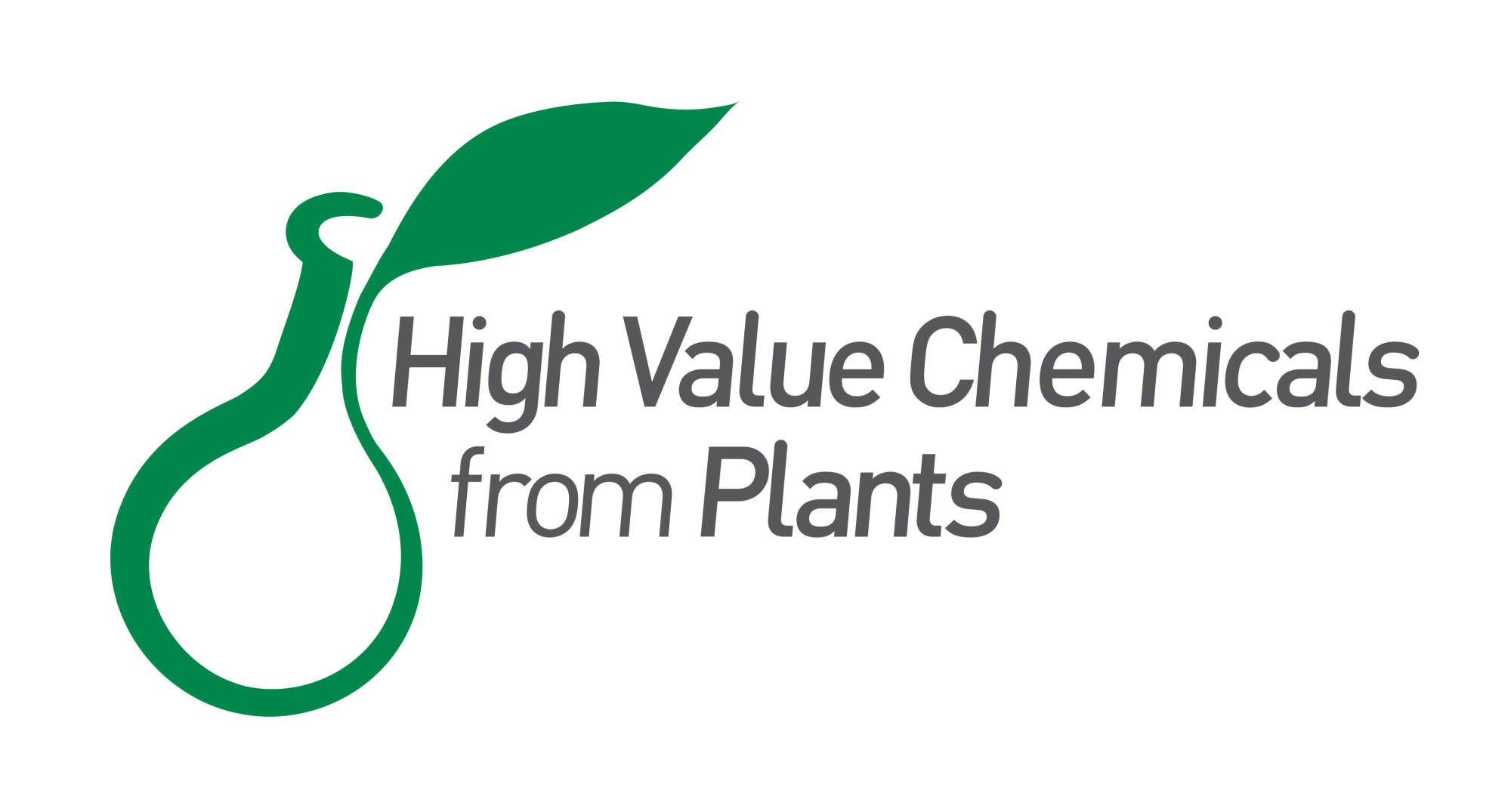Scientific workshops organised by HVCfP
Utilising plant biodiversity to identify bioactives - June 2014
Utilising plant biodiversity is an area of great interest for discovery of new high value chemicals from plants. Many projects fail because of difficulties arising from accessing plant varieties from different countries, working through the minefield of materials transfer, the Convention on Biodiversity and simply understanding plant nomenclature. There are also challenges associated with natural product extraction, screening, purification and access to reference compound libraries. The potential of industrial biotechnology and all its environmental, economic and social impacts is yet to be realised. This workshop addressed many of the issues facing researchers in academia and industry and examined the opportunities that are now available through current technologies.
Novel compounds from plants: establishing sustainable supply chains - June 2014
Plants naturally produce a vast array of high value chemicals, often with complex structures, and with diverse applications as pharmaceuticals, speciality chemicals and flavour and fragrance ingredients. However, a common barrier to their commercial exploitation lies in ensuring a sustainable supply at industrial scale: low levels of natural production, difficulties in accessing and cultivating plants at scale, and the challenges of extracting pure products can present major problems for industry. The rapid identification of biosynthetic pathways and associated genes which are responsible for the production of high value products by plants provides opportunities to produce these compounds in alternative production systems that are suitable for scale-up and successful commercialisation. This workshop sought to identify solutions to the challenges of establishing sustainable supply chains for high value products derived from plants, including the application of technologies such as next generation sequencing, heterologous expression and cell culture.
Getting value from plants: extracting and purifying high value chemicals - April 2015
This residential workshop in Leeds in April 2015 examined four themes in detail: 1) extraction from biomass – working towards a processing tools selection guide; 2) separation of products – how to achieve concentrated and pure compounds; 3) utilising sustainable technologies – challenges and opportunities to improve yield and 4) emerging technologies – current research examined in the light of industrial requirements.
High Value Chemicals from Plants – harnessing the potential of synthetic biology for industrial biotechnology - July 2015
This workshop presented the current status of synthetic biology applications in the area of high value chemicals from plants and showcased some of the best exemplars of research in this area. The following challenges were explored: promoting unified protocols for synthetic biology, developing an open source software repository, a community parts-sharing resource and the specific training needs for the UK to be competitive in this area. Session themes included: An introduction to synthetic biology; Design, build and test: methods employed for DNA assembly, transcriptomics to discover enzymes and pathways, genome mining and plant syntax; Production platforms: microbial, plant and algal and Metabolic engineering: towards production of high value chemicals. The workshop also offered an optional evening session by the SAW Trust on innovative communications strategies that can be employed to engage wider audiences in science.
High Value Products from Algae joint workshop with PHYCONET - November 2016
Algae have huge potential as chemical factories to produce high value products for a range of industrial applications. This workshop presented current work on micro and macro algae, examining systems and processing for discovery, pathway engineering and production; as well as exploring industrial applications. The workshop was jointly funded by HVCfP and PHYCONET, providing a cross-Network forum to explore challenges and opportunities.
Industrial biotechnology processes to develop high-value products from plants: utilising open-access scale-up and biorefining centres - June 2017
This one day workshop explored how research can be progressed along the technology readiness levels into high value bio-based products from plants. Supported by BioPilotsUK* - an alliance of open access biorefining centres - delegates were invited to examine the UK’s capability for scale-up of high value chemicals from plants and showcase exemplar projects. This workshop also supported a HVCfP call for small, technology-driven Proof of Concept projects.
*BioPilotsUK alliance comprises BEACON, Biorenewables Development Centre, Centre for Process Innovation, Industrial Biotechnology Innovation Centre and the Biorefinery Centre (www.biopilotsuk.com).
Plant Cell Cultures: Production of High Value Chemicals - February 2018
Plants produce a diverse array of natural products which can have useful biological activity. This natural resource has been used for millennia and currently plant-derived chemicals have a myriad of applications. However, many high value chemicals are from non-crop plants which make their production through an agricultural route too challenging. Furthermore, plants can be slow growing and/or protected species, and often chemicals are produced in specific plant cells or organs which makes overall yield very low. Plant cell cultures can offer a solution for the industrial production of high value chemicals from plants. This workshop aimed to explore the development of productive plant cell cultures, extraction of products, scale-up and industrial applications.
Reference: Ochoa-Villarreal et al. (2016). Plant cell culture strategies for the production of natural products. BMB report 49, 149-158
Application of industrial biotechnology to the identification and recovery of high value products from waste plant material - April 2018
The urgent need for more efficient use of waste is clearly highlighted in the 2017 Clean Growth Strategy policy document (https://www.gov.uk/government/publications/clean-growth-strategy), which includes the commitment that the UK will work towards being a Zero Avoidable Waste economy by 2050. The term ‘raw plant waste’ comprises a diverse range of materials from agricultural crop waste to inedible food processing waste such as peel and pith, and grocery fruit and vegetable waste. The HVCfP Network has already funded a number of small research projects utilising raw plant waste materials including liquorice root, rapeseed pomace and sawdust as a source of high value chemical products.
The aim of this one day workshop was to focus on the specific opportunities presented by the application of industrial biotechnology to maximising the value obtained from raw plant waste, and raise awareness of the regulatory and commercialisation challenges that need to be overcome. A compilation of challenges was developed from submission from delegates in advance of the event.
Links below have been recommended as useful resources by workshop delegates:
EU Animal Feed Regulation which clarifies the use of co-products from human food production in animal feed: https://members.wto.org/crnattachments/2017/SPS/EEC/17_2852_00_e.pdf
EU 2018 Circular Economy Strategy - this is a package of resources which includes a Monitoring Framework http://ec.europa.eu/environment/circular-economy/index_en.htm
The Complex Value Optimisation for Resource Recovery (CVORR) framework was published in 2017 and is available to download: CVORR framework 2017.

Utilising plant diversity workshop 2014 programme
Novel compounds from plants workshop 2014 programme
Extraction workshop 2015 programme
Synthetic Biology workshop 2015 programme final
High Value Products from Algae 2016 programme
BioPilots workshop 2017 programme


